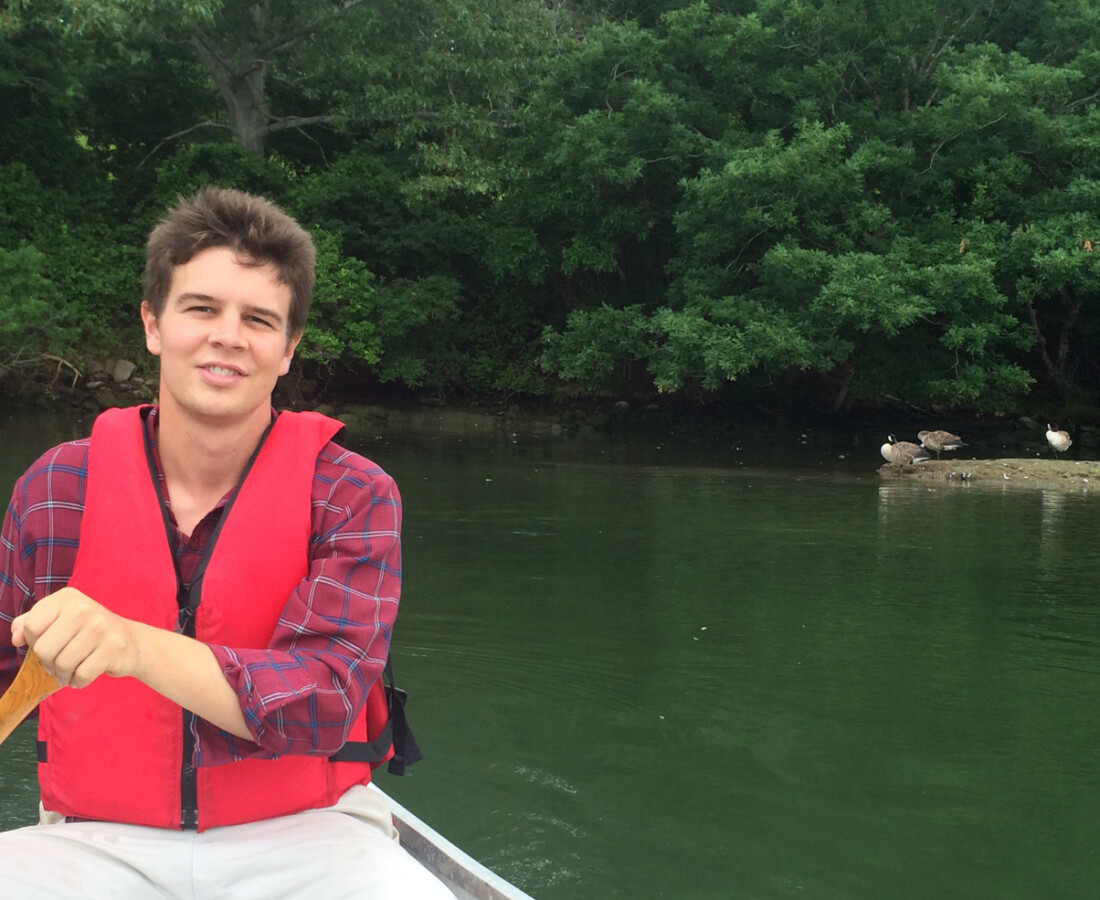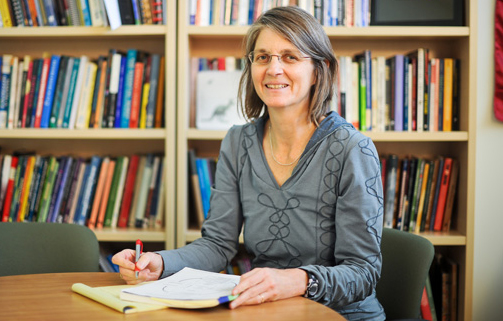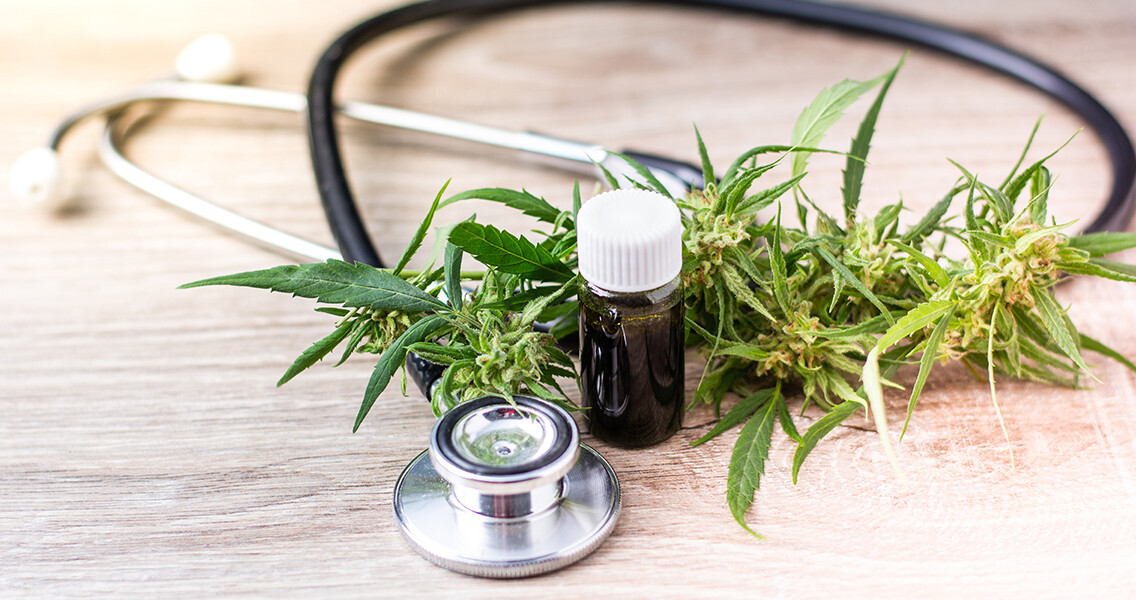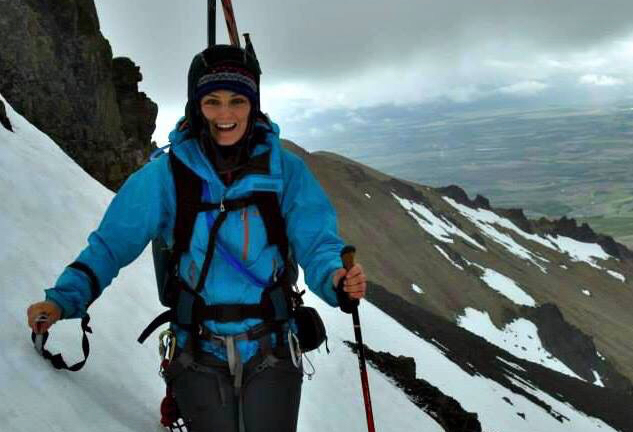A volunteer experience at Martha’s Vineyard Hospital gave Ryan Payne a newfound sense of passion and purpose. After graduating from Colorado College in 2011 with a degree in economics, Payne explored different avenues of business. After working in sales, marketing, boatbuilding, and environmental research, Payne realized he felt most at home helping others.
Now a student in the UVM Post-Baccalaureate Premedical Program, Payne is interested in adolescent psychiatry. We talked to the Massachusetts native about how a volunteer opportunity turned into a new career path.
You grew up in Wayland, Massachusetts, and went to Colorado College. How did you end up volunteering at Martha’s Vineyard Hospital?
I had no ties to the island, and first came to Martha’s Vineyard with a friend from Colorado College. I immediately fell in love with the community I found on the island. I got involved in a variety of ways: I worked at the boatyard, volunteered at the hospital, coached high school lacrosse, managed the children’s film festival, and assisted in running a bed-and-breakfast. I immediately felt at home in the hospital setting as a volunteer at Martha’s Vineyard Hospital. I loved the work and loved the things I learned there, and I came to the realization that I wanted to return to school to pursue a career as an adolescent psychiatrist.
What exactly did you do as a volunteer?
I volunteered in both the operating room and the outpatient blood lab. In the blood lab, I was the first point of contact for incoming patients, while in the operating room I sterilized the surgical instruments and assisted in the preparation of surgical trays. I shadowed doctors during operations and assisted in small procedures. I was able to observe everything from C-sections to Mohs surgery for skin cancer. The look of gratitude on the patients’ faces after their operations helped me realize the medical field involved the type of profound human interaction I was seeking.
Was working in medicine part of your career plans at all while growing up?
No, it was not. No one in my family has ever worked in any medical-related job, so it was not something that I was exposed to early on. This is a conclusion I came to entirely on my own as a result of the many life and work experiences I had after graduation from Colorado College. While I had always planned on continuing my education beyond my undergrad degree, I had expected it to be in the form of an MBA.
How important was your time on the island in terms of figuring out your priorities?
I learned some valuable life lessons while working as a shipwright on the island. I learned the meaning of hard work, I learned that no amount of schoolwork could ever be as taxing as physical labor. My work experience made me want to be intellectually stimulated in a different way, and it also solidified in me a drive to succeed.
What drew you to UVM?
There were many factors that drew me to UVM. Ultimately, I liked the layout of the UVM post-bac program here. I thought it gave me the best opportunity to achieve my goal of becoming a doctor. I wanted to go to school full-time, not just take night classes. I wanted an opportunity to become involved in the school community, and UVM seemed like the best place to do that. My work as the supplemental instructor for the biology department and my research experience in the Center for Research on Emotion, Stress, and Technology (CREST) lab have confirmed my belief that UVM offered me a great opportunity to become involved.
Can you give an example of the type of research you are doing at the CREST lab?
I’m researching addiction and post-traumatic stress disorder (PTSD) for the Laboratory and Ecological Addiction and PTSD Study (LEAPS). More than a third of patients with opioid addiction have comorbid PTSD (depression and PTSD). The main objective of the study is to investigate the differences in cognitive control as a potential mechanism for underlying the impairment associated with comorbid PTSD.
What are some of the rewards of working in medicine?
I think the greatest reward of working in medicine is helping others. I pursued different avenues of business, but struggled to find meaning in the work. Most importantly, I discovered that the people I met and the resulting relationships are what interest me the most. I want to have a positive impact on the world around me. I believe that working in the medical field puts me in the best position to have a positive impact on the world around me.





